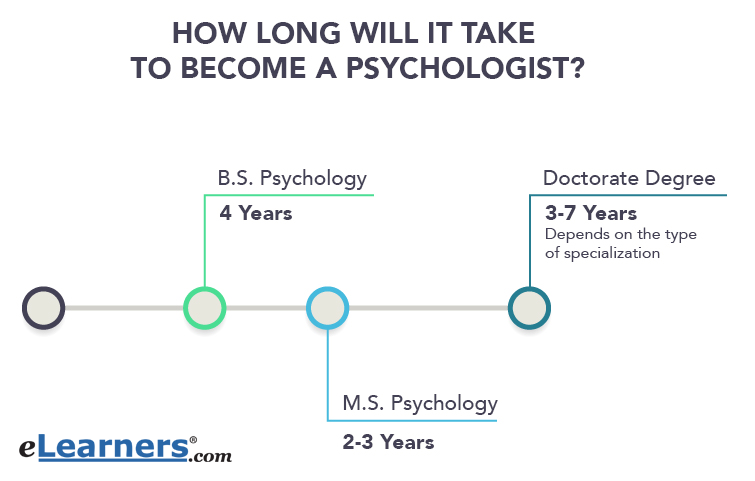Beautiful Work Tips About How To Become A Clinical Psychiatrist

Competition for postgraduate training is strong.
How to become a clinical psychiatrist. It takes many years to become a clinical psychiatrist due to the amount of responsibility involved in the profession. After you earn your bachelor’s degree, you can take the medical. To become a psychologist, after obtaining a bachelor’s degree in psychology, one must attend graduate school and obtaining a master’s degree and/or doctoral degree.
Becoming a psychiatrist involves several steps. The first step in becoming a clinical psychologist is to complete a doctoral degree in clinical psychology. This level of education—either ph.d.
To train as a psychiatrist, you will start out training as a medical doctor, focusing later in your chosen subspecialty. The most common jobs before becoming a clinical psychologist are. Although a bachelor's degree in psychology is a good choice for an aspiring psychiatrist, it doesn't prepare you to practice this medical specialty.
Upon completing your undergraduate degree, you will need to attend an. Or psy.d.—is often a necessary. To become a clinical psychologist, you will need an undergraduate degree (four to five years of college) plus a doctorate degree (four to seven years of graduate school).
A medical residency is part of a psychiatrist's. Becoming a clinical psychiatrist requires significant training. How to become a clinical psychiatrist the main educational requirement to be a clinical psychiatrist is a doctorate.
After earning a bachelor’s degree, they must attend medical school, which typically takes four years to. Medical school the first step is to take a medical degree (mbbs, mbchb). The profession requires a significant investment of time and money, considerable planning, and an ongoing commitment.
Candidates for licensure must also complete a specific amount of supervised clinical hours, the number of which is determined by their state's licensing board. After completing medical school, the candidate must take a written examination. Upon completing your undergraduate degree, you will need to attend an.
You'll need a first or upper second class degree, and evidence of excellent research.



/child-psychiatrist-specialties-training-5204602_final-431c5646a9b241a09e9733e51973496c.jpg)

:max_bytes(150000):strip_icc()/how-long-does-it-take-to-become-a-psychologist-2794935-5b841e6946e0fb00504573ef.png)
![So You Want To Be A Psychiatrist [Ep. 18] - Youtube](https://i.ytimg.com/vi/Z__t-KtUDIw/maxresdefault.jpg)






/psychiatrist-a-career-overview-2795641-final-813c3cdfe34e4757a4c7d11a2131b218.png)



/the-9-highest-paying-psychology-careers-2794940-01-edaeb954b41f4735a81a1385e5245cde.png)
